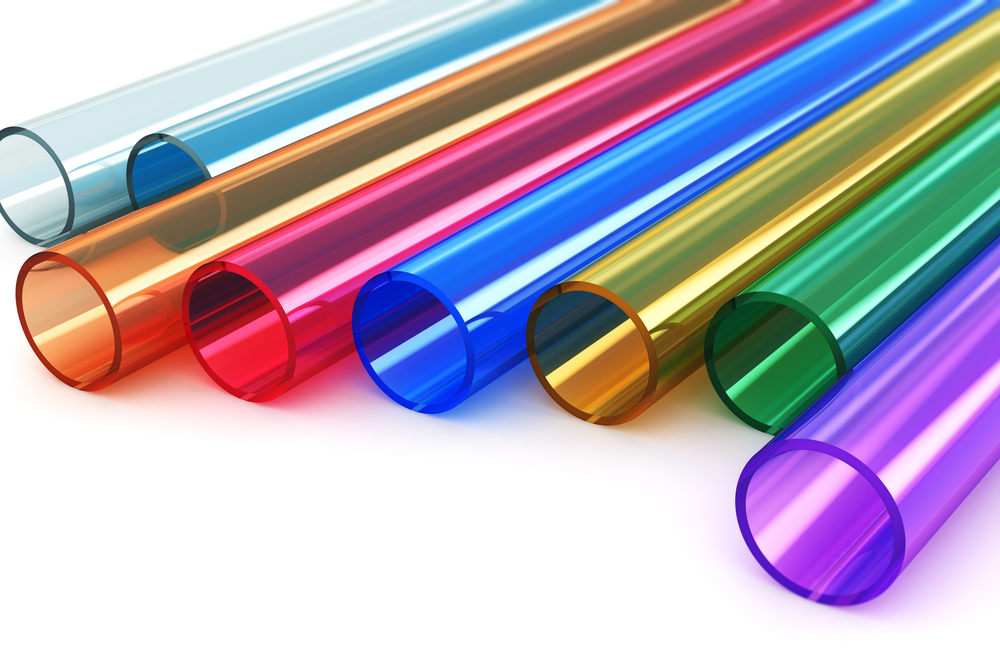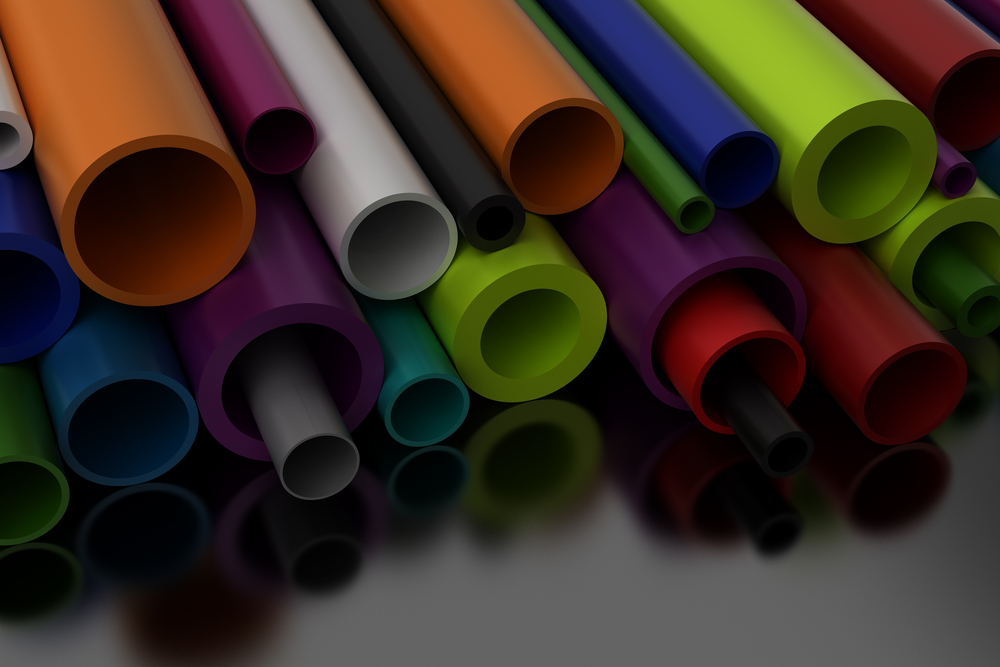Plastic Tubing
When it comes to developing and manufacturing custom plastic tubing to your individual specifications, no one does it better than Plastic Extrusion Technologies. We have more than 300 grades and types of plastic tubing that all meet – or exceed – the highest standards in the industry.
Plastic tubing or in some instances referred to as plastic tubes, can be designed for a diverse array of applications in numerous markets, including medical tubing for healthcare, chemical processing where chemical resistance is vital, industrial applications, retail, packaging, hardware, and food and beverage tubing, especially for beverages. Depending on your needs, certain resins can fulfill both NSF and FDA requirements, making them ideal for beverage and medical tubing applications.
Using proprietary tubing extrusion methods, combined with extrusion of thermoplastic materials, we are able to customize through the following choices:
Plastic Tubing Materials
- Flexible Tubing: Polyurethane, Santoprene, FPVC, LDPE, LLDPE, Nylon 6
- Semi-Rigid Tubing: PP and HDPE
- Rigid Tubing: Polycarbonate, RPVC, ABS, high impact polystyrene HIPSand Acrylic
Plastic Tubing Colors
- Transparent
- Translucent
- Opaque
- Stock PMS color or custom match per your requirement
Plastic Tubing Shapes
- Round
- Oval
- Square
- Rectangular
- Triangular
Plastic Tubing Sizes
- Up to 12” outside diameter
Plastic Tubing Other
- Cut to length in-line or wound on spools or coils
- Slitting
- Hole punching

Contact Us Today To Experience A
Superior Plastic Extrusion Process
FAQs about plastic tubing
What is plastic tubing?
Plastic tubing, such as vinyl tubing or poly tubing, is a flexible or rigid hollow cylinder made from different types of plastic materials. It is often used for conveying liquids, gases, and other materials in a broad range of industries and applications.
What are the different types of plastic tubing materials?
There are multiple types of plastic materials used for tubing, including PVC (polyvinyl chloride), PE (polyethylene), PP (polypropylene), TPE, nylon tubing, silicone tubing, and more. The choice of material, like polyethylene or vinyl, depends on the specific application and the required tensile strength.
What are the advantages of using plastic tubing over metal tubing?
Plastic tubing, such as flexible tubing or corrugated tubing, is often preferred over metal tubing because it’s lightweight, corrosion-resistant, cost-effective, and can be custom-tailored. It also offers excellent chemical resistance, making it suitable for many industrial applications.
How do I select the right plastic tubing for my application?
To choose the right plastic tubing, consider factors such as material compatibility with the conveyed substance, temperature and pressure requirements, flexibility, chemical resistance, and environmental conditions.
Is plastic tubing suitable for high-pressure applications?
Certain plastic tubing materials, like reinforced PVC or nylon tubing, can withstand high-pressure applications. However, it’s pivotal to select tubing, such as pneumatic tubing, with the appropriate pressure rating for your specific needs.
Can plastic tubing be used for conveying drinking water?
Certainly, plastic tubing made from materials like FDA-compliant PVC or PEX is safe for conveying drinking water, making them perfect for beverage tubing applications. Always ensure that the tubing you opt for meets necessary regulatory standards.
Is plastic tubing resistant to chemicals?
The chemical resistance of plastic tubing depends on the type of material. For instance, polypropylene or nylon tubing might offer high chemical resistance. Always verify the tubing’s compatibility with specific chemicals it’ll encounter.
How do I clean and maintain plastic tubing?
Cleaning plastic tubing, whether it’s silicone tubing, rubber tubing, or any other type, varies based on its application and material. Generally, rinsing with water or a mild detergent is suitable. Steer clear of harsh chemicals that could damage the tubing.
Plastic Extrusion Process
The process of plastic tubing extrusion plays a critical role in shaping and forming plastic tubes to meet specific requirements. It involves melting raw plastic material and pushing it through a die to form a tube shape. The specific steps include:
- Raw Material Selection: The process begins with the selection of appropriate plastic resins, such as PVC, PE, or PP, tailored to the application’s needs in terms of flexibility, durability, and resistance to chemicals or pressure.
- Melting and Extrusion: The selected plastic pellets are fed into an extruder, where they are heated and melted. The molten plastic is then forced through a die, which shapes it into a tubular form.
- Cooling and Solidifying: The extruded plastic tube is cooled, often in a water bath, to solidify into its final shape and size.
- Post-Extrusion Processing: Additional processes such as cutting to length, coiling, slitting, or hole punching are performed as per specific requirements. This method allows for a high degree of customization in terms of size, shape, and properties, making it an efficient and versatile process for producing plastic tubing.

Benefits of Plastic Tubing in Various Industries
Plastic tubing finds diverse applications across numerous industries, each benefitting from its unique properties:
- Medical Industry: In healthcare, plastic tubing is vital for medical devices, delivering medications, and fluid management. Its flexibility, transparency, and compatibility with sterilization processes make it indispensable.
- Food and Beverage: For food and beverage applications, plastic tubing like FDA-compliant PVC or PEX is safe for conveying drinking water and beverages. It’s non-reactive and easy to clean, ensuring hygiene and taste preservation.
- Chemical Processing: In industries where chemical resistance is crucial, materials like polypropylene and nylon tubing offer high resistance, ensuring safe transport of chemicals without corrosion or reaction.
- Industrial Applications: Plastic tubing is used for pneumatic systems, fluid transport, and protective coverings due to its durability, flexibility, and resistance to environmental factors.
- Retail and Packaging: Its versatility and customizability make plastic tubing ideal for packaging solutions, providing protection and flexibility for various products.
These benefits highlight the adaptability of plastic tubing to different industry needs, making it a highly sought-after material for a wide range of applications.
